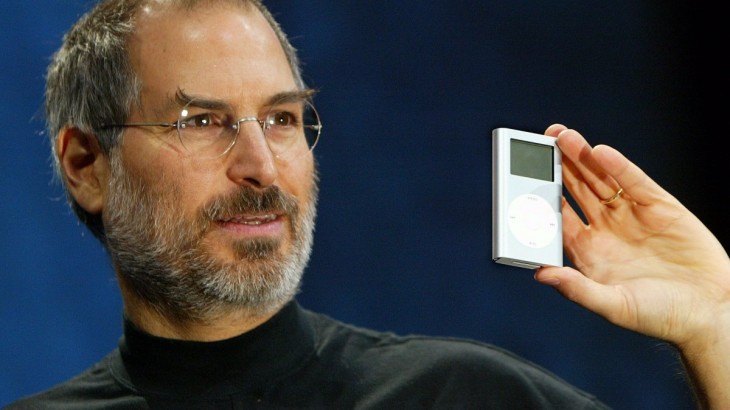Speaking recently at a conference, the Chief Financial Officer of music streaming/recommendation service Pandora, Mike Herring, had some pretty harsh words for iTunes and the late Steve Jobs. The conference, which took place in California, addressed Pandora investors while discussing the future of the company, particularly in regards to on-demand streaming and the recent acquisition of Rdio. According to Herring, Pandora’s main objective is to breathe life back into a flailing music industry – one which he says, Steve Jobs destroyed.
“Pandora’s basic philosophy is how do we bring the music industry back. It’s had a tough 15 years… Steve Jobs eviscerated the music industry with the launch if iTunes and it’s been downhill ever since.”
Usually, such fighting words out of the Pandora camp are reserved for Spotify. In an article written for Business Insider earlier this month, the CEO of Pandora, Brain McAndrews said that the free, on-demand streaming model “drives down music’s intrinsic value by creating a “grey market.”” and concluded that it is, among other things utterly unsustainable.
Speaking on the royalty rates that Pandora pays artists and labels, Herring said that “What we want is a fair and reasonable rate. We think actually that copyright holders, artists, deserve to be compensated for us playing their music. We don’t dispute that at all and we want it to be a fair and a rational dollar amount.”
Not one to leave a stone un-turned when it comes to competitors, Herring shifted his aim slightly, moving on from iTunes to the newer Apple Music, when he claimed that “no one subscribes” to the service – or at least, the don’t do it willingly. “I guess a few million people do, but the reality is you want to get people to choose to do that is a much bigger trick. You have to have a great product.” No doubt, he was referring to the fact that while the Apple Music app exists within iPhones, many consumers favour other services and apps for listening to music.
Adding to his comments on iTunes’ destruction of the music industry, Herring said that with the failure of the download which was “supposed to save it”, it is now up to “on-demand streaming,” to do so. “We will see if that happens. I think what really needs to happen is we need to think broadly how do we drive engagement overall as a music industry and that message is starting to make sense.”

